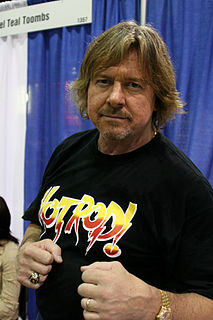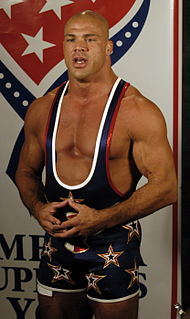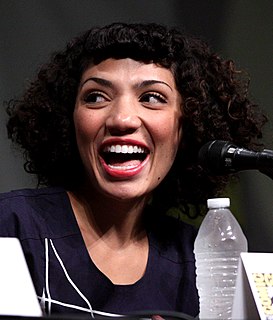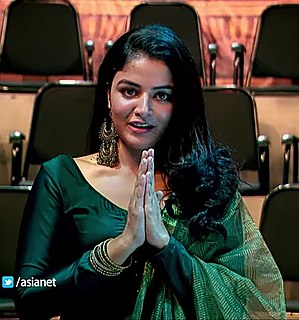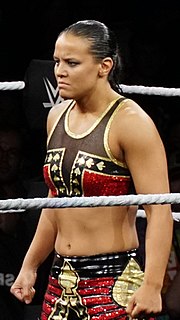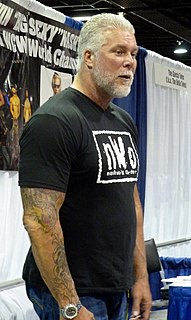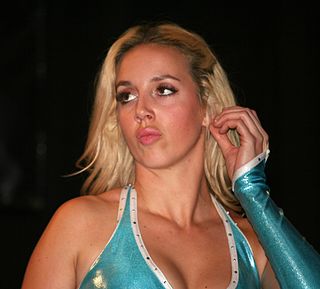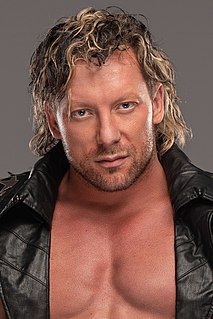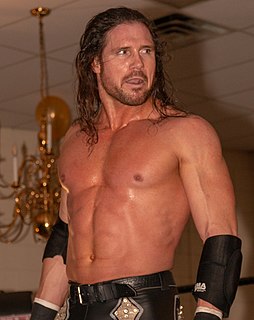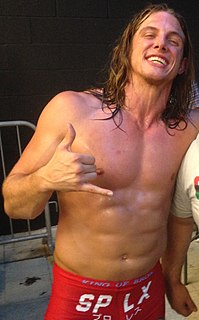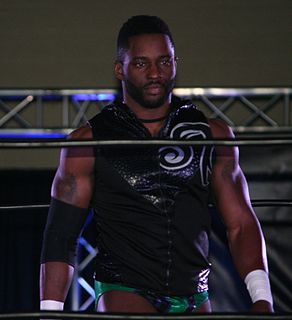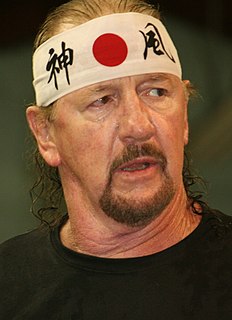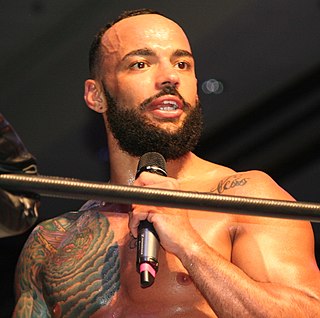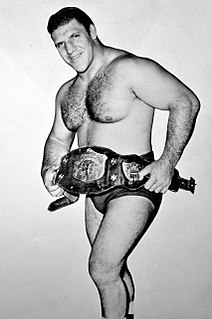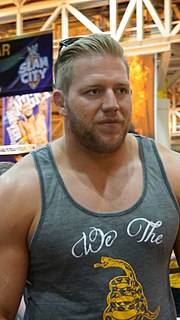A Quote by Roddy Piper
Wrestling moves are made for arenas, not the screen.
Related Quotes
In professional wrestling, I think that they want you to be bigger than life. It's almost like an over-acting type thing - whereas on the big screen, you're 35 feet and they've got a close-up of you to put it on the screen in the movie house. At 35 feet, it's more subtlety than the overboard drama that we do in pro wrestling.
Kurt Angle, I knew he was from Pittsburgh and I knew his background very well and his amateur days and, of course, going to the Olympics and all that. When he went into professional wrestling, he was very good at adjusting and displaying a lot of great moves. It was something that the fans could look at a say, hey, that's wrestling.
If you would have met me when I first started wrestling - or even five, six, seven, eight years into wrestling - you wouldn't be like "This person is a dynamic personality on the screen." That would have never happened. That's something that's evolved. You just keep putting yourself out there and you keep working at that sort of thing and you can get better at it.
